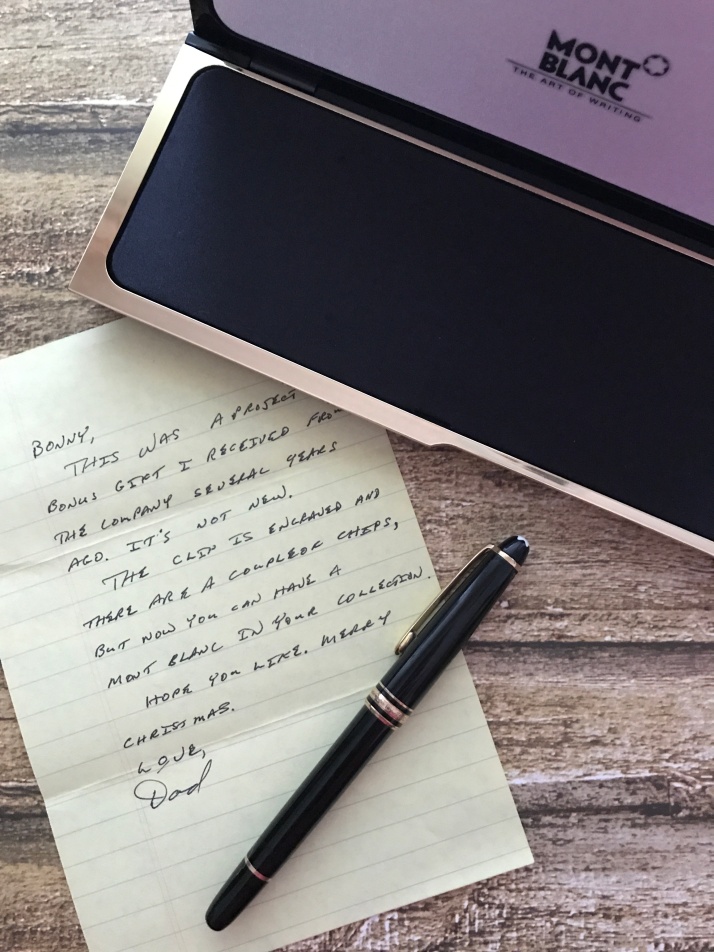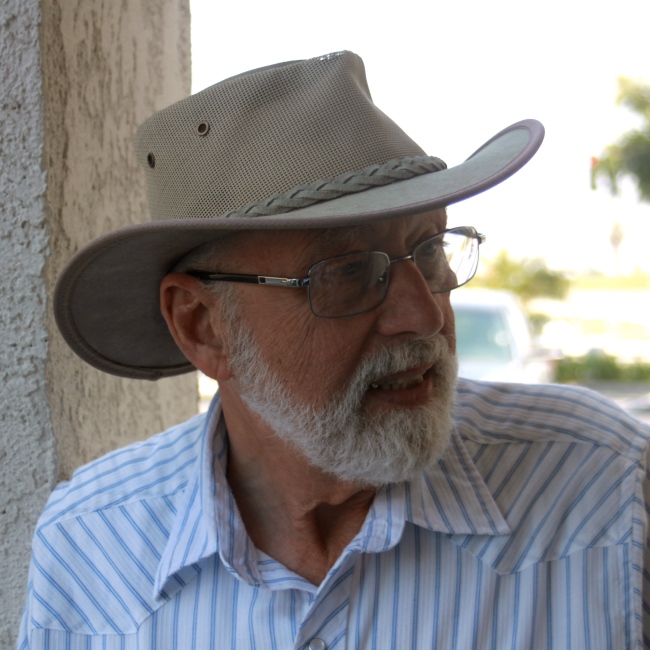“I tried so hard to do it without medication.” “Don’t let them put you on those crazy pills!” “Antidepressants are just the easy way out.” And just today, “Antidepressants are causing an epidemic of violence.”
I’ve seen or heard all of those, and today I want to call Bullsh*t.
Antidepressants are NOT the enemy. Antidepressants are nothing to be scared of or ashamed of. There is a hashtag going around right now, #MedicatedandMighty, that was started to combat the shame associated with treating mental health issues with medication. If you want to read how it started, click here.
But at the same time, there are articles like this one that claim antidepressants cause violence, despite counterarguments like this one. Are crimes committed by people struggling with mental illness? Hell yes! The fact that some of them are on or have been on meds does not mean the antidepressants are causing the violence. It’s more likely that the mental illness is causing the violence. It’s more likely that either the meds weren’t the right ones for them, and thus weren’t working properly, or that they stopped taking the meds against medical advice.
ALL drugs can have side effects, and that’s why they should all be taken under the supervision of a medical professional.
Medication is not the right avenue for everyone. But it does help a vast majority of people, help they couldn’t get otherwise. And that’s why it’s dangerous to proclaim that “antidepressants are bad, they’re the enemy”, shaming people into thinking they’re not an acceptable solution.
Does proper diet and exercise help your mental health? Absolutely. Do people suffering through clinical depression have the ability to fight the depression enough to eat the right foods and force themselves onto the treadmill? In my experience, nope, not at all. Sure, that’s the easy answer: “Oh, just exercise more, then you’ll feel better!” I confess, I have been guilty of that thought in that past. But then I went through it myself and it made me realize how stupid that can be. Now, I can’t help but wonder if anyone who says that has any idea what kind of hold clinical depression can have on your motivation, your self-esteem, your ability to do ANYTHING. I certainly didn’t, until I was smack-dab in the middle of it. I had to find a way to get through that dark cloud before I could even see the benefit of exercise.
I have been on an anti-depressant for two years, and should have been on it for longer. I was a mother working full-time in a stressful job (is there any other kind, really?), I’d recently switched locations at work so I’d left all my friends and was working with new people. My dad was diagnosed with lung cancer, my FIL was diagnosed with congestive heart disease. My FIL died suddenly. I decided to quit my job to spend more time with my family, but before I could even give notice, my father died. Three weeks later, I left my job and became a stay-at-home mom. And for the summer, it was great. My kids kept me busy, taking care of my dad’s dog kept me busy, doing all the “running a home” stuff kept me busy.
Then the kids went back to school. Suddenly I was alone all day, with nothing to distract my brain from the stress and grief. I cried. A lot. I was short-tempered and snappish with my kids and husband. I had no desire to do ANYTHING. For quite a while, I thought it was normal, and it probably was. I’d been through a lot, was still dealing with the losses as well as being a part-time caregiver for my non-driving mom. And then there was the big question of “What now? Who am I now that I’m not a full-time retail manager?” And I didn’t have an answer.
Time didn’t heal me. It didn’t get any better. I spent many months on the couch endlessly watching Grey’s Anatomy, pretending I was crying because the story lines were sad or moving. They were, they are, but not to that extent. I cried at everything, at the drop of the hat. I was constantly on the verge of tears. And I was defensive about it, arguing with my husband when he started suggesting I go see a therapist. I fought hard to put up a good front around other people, but it was exhausting. I slept hard and long, and still felt tired all day long. I ate like crap because I wanted *something* that brought me pleasure, and I love junk food. Exercise was hard, too hard. I couldn’t get my brain to take the thought that “exercise might help”–which I totally knew–and force my body to take action. And something new for me: social anxiety. I’m an introvert, always have been, but I had always enjoyed going out with friends. Until I didn’t. I obsessed about it ahead of time, wishing I could just stay home where it was quiet and safe. It made my stomach hurt to think about having to socialize and talk to people and pretend to be happy.
That was the breaking point actually. I had dinner plans with a couple of old friends, and all day I was literally sobbing at the thought of it. I cried ALL DAY LONG. I was a knot of anxiety. I texted my friend, explained the situation and apologized but said I couldn’t go. I just couldn’t do it. She was great, very understanding and supportive. Then, still sitting on the stairs, hunched over, I texted my husband and said I was ready, I needed help. I called the therapist the same day and made an appointment. Those few small steps were a huge release for me. For the first time in many months, I felt the tiniest sliver of hope.
At my first appointment, I cried through my whole story, answering all her questions about my feelings and behavior. And at the end, she said, “I really think you’re suffering from clinical depression, my friend. I want to keep seeing you. But how do you feel about maybe trying some medication?”
Yes, please. I needed help, and I knew it. I knew people who had been on meds, had seen how it helped them, and I was more than willing to try. Something had to help because I couldn’t do it alone. And as loving and supportive as my husband had been, that wasn’t fixing it either.
I started a low dose and it helped almost immediately. Like my therapist said, the meds ideally should still let you feel the emotions without letting them cripple you, and that’s what they did for me. I was still grieving, but I could feel joy again too. I felt so much better, it was astounding. I wish I’d done it ages ago.
And guess what? I started exercising and eating better. And yep, that felt good. But would it be enough to keep me going?
Winter came. My husband’s grandfather, who we all loved dearly, passed away. Then my dad’s dog died. And for some reason, that was the thing that knocked my feet out from under me again. I was devastated. And I knew it wasn’t about the dog as much as it was about him being a link to my dad, but I just couldn’t seem to get past it. My days were dark again. It was horrible, especially since I had so recently been reminded of what happy was like, and I couldn’t find my way back there. I was back to crying, sad TV, and skipping my workouts.
I went back to my therapist for several more sessions. They helped some, but not enough. She suggesting upping my dose, which meant an appointment with my doctor for approval. My crying, my fatigue, my helplessness, all of those things were preventing me from living a full life. It could be better. *I* could be better, and with the increased dose, I started to get there.
A few months later, at a checkup, my doctor ordered bloodwork. It revealed hypothyroidism, or low thyroid levels. I would need medication to even that out, and here’s the kicker: hypothyroidism can cause depression and fatigue. Now, does that mean this was my problem all along? There’s no way to know for sure, but I doubt it. Certainly not that first bout with depression that hit me like a ton of bricks, when bad things were happening left and right. My brain had struggled to cope for so long that finally it was like, “Dude. Stop. I can’t even.” But the second round, after my dog died and I was still struggling months later? I think it’s possible, because once we got the dose adjusted and my thyroid levels were normal again, I felt like a new person.
I FEEL like a new person. My brain isn’t foggy anymore. The world is clear and bright again. I find joy in little things. I am content in my small, quiet everyday life. I still don’t have an answer to the question of “Who am I, and what will I do with my life?” but it doesn’t cripple me anymore. It’s a big question mark that I get to explore and discover.
I am still on my antidepressants. At my last therapy session, my therapist recommended I try going off the meds in the spring. Knowing that winter months are hard for me (as they are for most people), she didn’t want me to stop then. But come next spring, I’ll be cutting back. It’s scary, because I don’t want to go back to how I felt before. But I also don’t want to keep taking them just because of fear. My meds did their job: they helped me, held me up while I was healing.
So here’s the bottom line, what I hope you take from my story: antidepressants were a tool for me, one tool in my fight against depression. They weren’t the only thing, but they were absolutely a key ingredient. I was lucky that the first med we tried worked for me. Sometimes you have to try several to get the right med at the right dose. And yes, absolutely talk to your primary care physician. Get yourself checked out, do that bloodwork if s/he orders it, because there might be something else going on.
But if that’s all clear and meds are recommended, don’t be afraid of them. And PLEASE, don’t be ashamed of them. It is so hard to ask for help; believe me, I know. I suffered for many long months because I wouldn’t ask for help. But I am living a new life since I did. I suffered no adverse side effects from my med, and I know many people with the same experience. You want your life to be happy, right? Why would you deny yourself something that might help? If it doesn’t work, fine, quit them. If you want to try diet and exercise, go for it, and if it works, wonderful! That’s the goal. But don’t assume that there is one answer for everyone, and don’t judge someone for taking a different road than you. Antidepressants have helped many, many people live a happy life. And there is nothing shameful in that.

